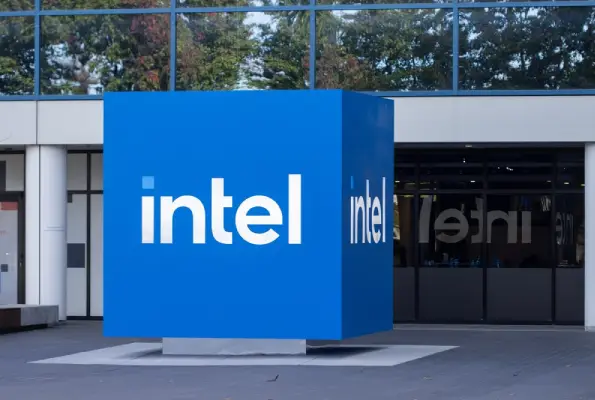Former Intel software engineer Jinfeng Luo has been allegedly arrested for stealing approximately 18,000 Intel files, including data marked “Top Secret,” when he left the company in July 2024, reports stated.
Jinfeng Luo joined Intel in 2014 and was terminated in July 2024. However, Intel is suing its former employee to try to recover the files, which the company was able to block him from copying a week prior to his exit, The Mercury News claimed.
Although the transfer initially failed, three days before departure, Luo was able to transfer files to a network-attached storage device, and Intel allegedly detected those transfers soon afterwards, but spent several months calling, emailing and sending letters to the ex-employee, all to no avail.
The company is now seeking USD 250,000 in damages and all the stolen files returned, something it has done before after another former employee was found to have illegally copied information before moving to Microsoft.
Jinfeng Luo is still missing in action and has not responded to any claims. As per other reports, Intel’s outreach to the person attained some momentum from August to October of 2025. That included emails, phone calls, and getting in contact with people claiming to be Luo’s mother and sister (via Luo’s emergency contact information), who then handed Intel Luo’s new number.
“The new number reportedly went unanswered when called, and Intel reached out to Luo’s emergency contact again, but the individual who answered the phone claimed not to speak English despite a prior conversation with Intel Human Resources.” Finally, multiple letters were sent to multiple addresses to get in contact with Luo, which Intel claims went unanswered,” reported PC Gamer.
The news comes at a time when the American tech giant’s revenue is climbing again, with share prices continuing to head in the right direction. The company saw a 3% year-over-year rise in revenue last quarter after preceding quarters of flat, flat and decline. Investors are also starting to see some returns; shares are up 78% in three months, though the current valuation is still far below the near-USD 70 highs of 2021.


